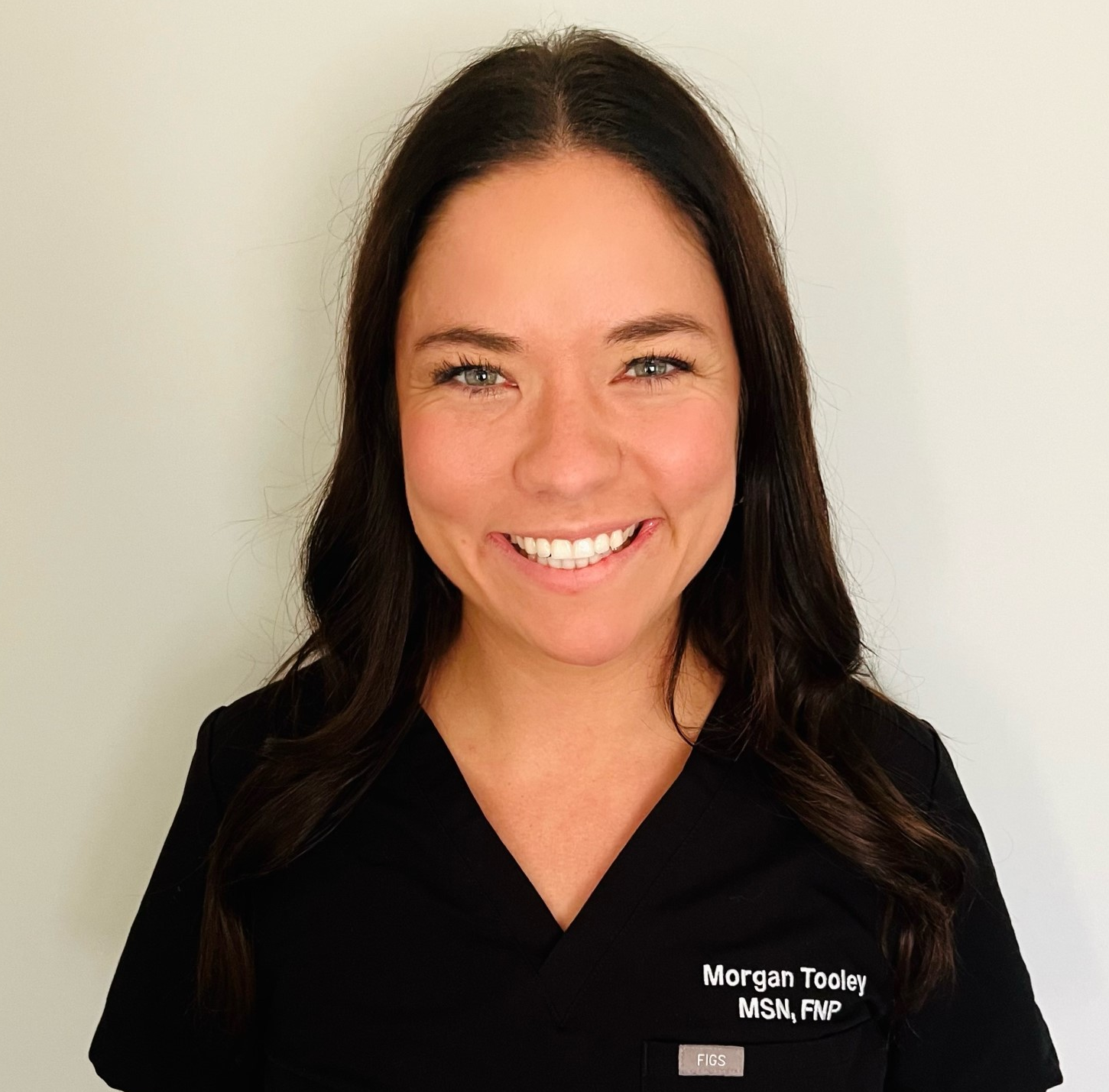
Genetic Testing and Family Medical History
Knowledge Is Power (and Prevention)
Are You a Candidate for Genetic Testing?
They’re not the most comfortable conversations, but they could be a gift to your family members this holiday season. As relatives gather and share health updates, look for opportunities to discuss the family’s overall medical history.

It's the first step in a health journey that could lead to genetic testing — a way to help you better understand your inherited risk of cancer and other diseases.
About 5 to 10% of breast cancer cases are thought to be hereditary, meaning they result directly from gene changes (mutations) passed on from a parent. - American Cancer Society
We connected with Morgan Tooley, NP, to learn more about family history and genetic testing. Morgan is a nurse practitioner at Methodist and a genetic professional with our Hereditary Cancer Risk Program.
"I tell people that knowledge is power with regards to genetic testing,” Morgan said.
We hope this discussion will lead to other discussions with your family members and care providers.
-
Morgan Tooley, NP: “With genetic testing, we’re looking for harmful changes in people’s genes — mutations — that an individual can inherit or pass down to their family members. We’re trying to assess whether any of these mutations could either increase your risk for cancer or be a contributing factor to an existing cancer.”
A positive genetic testing result can help guide your care and the care of your family members, including:
- Conducting earlier or more frequent cancer screenings, including breast MRI or increased colonoscopy screening, which can help find cancer at a more treatable stage
- Initiating risk-reducing medications
- Recommending additional preventive measures like surgery
Morgan Tooley, NP: “A lot of women are worried about whether they carry mutations in their BRCA1 and BRCA2 genes. BRCA1 mutations are linked to breast, ovarian, pancreatic and prostate cancer. BRCA2 changes are linked to breast, ovarian, melanoma, pancreatic and prostate cancer.”
According to the CDC, “all women have BRCA1 and BRCA2 genes. About 1 in every 500 women in the United States has a mutation in either her BRCA1 or BRCA2 genes. If either your mother or your father has a BRCA1 or BRCA2 gene mutation, you have a 50% chance of having the same gene mutation.”
Tooley: “There are 10 genes we’ve found that are linked to breast cancer. So, you could be negative for BRCA1 and 2 mutations, but you could also be positive for another breast cancer gene. We want to make sure we test all of the genes if you have a family history of breast cancer.”
Morgan Tooley, NP: “It’s difficult to bring up, but families need to be open about having conversations about their medical history.”
She said it’s important to know:
- Which cancers family members were diagnosed with, especially first- and second-degree relatives
- If there’s a certain trend on one side of the family
- If any of your family members were diagnosed at a young age
If you can answer 'yes' to any of the questions below, you may be a good candidate for hereditary cancer testing and should discuss it further with your health care provider. (Check all that apply.)
Personal history of:
- Breast cancer at any age
- Ovarian cancer at any age
- Metastatic prostate cancer at any age
- Pancreatic cancer at any age
- Colon, rectal or uterine cancer at age 64 or younger
Family history of:
- Breast cancer at age 49 or younger
- Two breast cancers in one relative at any age
- Three or more breast cancers in relatives on the same side of the family at any age
- Ovarian, metastatic prostate, pancreatic or male breast cancer at any age
- Colon, rectal or uterine cancer at age 49 or younger (1st degree relative)
- A gene mutation found in a family member
- Ashkenazi Jewish ancestry with breast cancer at any age
“Typically, people just have to check one of those boxes for insurance to cover the testing and for them to meet criteria,” said Morgan Tooley, NP.
Morgan Tooley, NP: “I tell people that knowledge is power with regards to genetic testing. If we don’t know that you have a mutation, we can’t take action. Talk to your health care provider about it. Dive into whether you meet those criteria for genetic testing. There’s nothing you can lose from doing the testing.
"I feel like the population we miss the most are people 25–40 before they’re getting their mammograms. They don’t even realize they might be at high risk for breast cancer. If you have a gene mutation in BRCA1 or 2, you can start an MRI at the age of 25.
“Beyond that, whatever you can do to lower your risk of cancer—things like eating a healthy diet, exercising at least 30 minutes three times a week, limiting alcohol consumption, and maintaining a healthy weight—is going to help you.”
